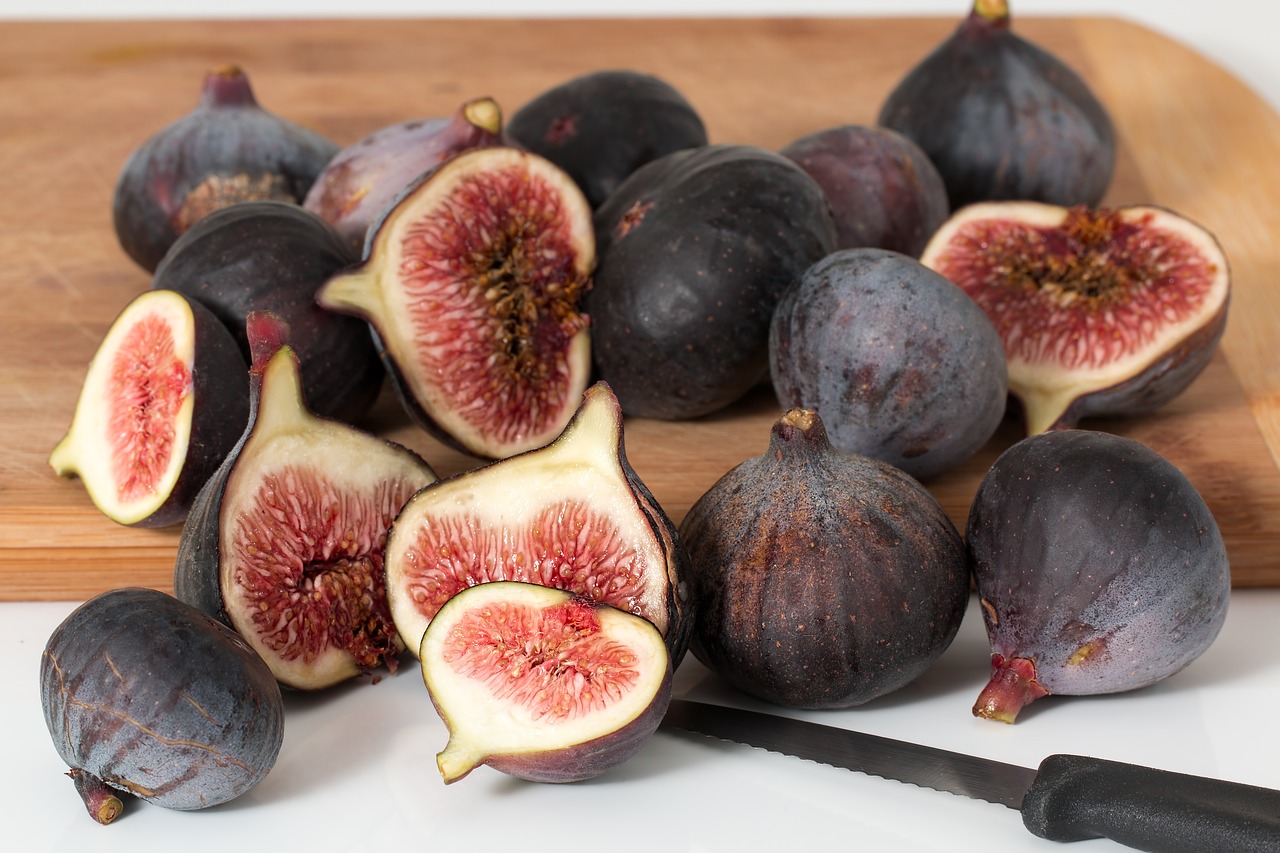
The New Vegetarian: A new take on an ancient diet
It was a lot tougher to be a vegetarian ten years ago when many restaurants had no vegetarian or vegan options and you’d have to go to a health food store to find soymilk. Today, most restaurants offer at least one vegetarian selection, with many now routinely asking guests about their eating preferences ahead of time.
Although the number of people that meet the strict definition of vegetarian (do not eat meat, fish, or fowl) or vegan (also do not eat eggs and dairy) is a massive reduction in animal consumption. and seek vegetarian options at least part of the time.
People choose vegetarianism for a variety of reasons: including religion, ethics, health, environment, economics, and simple preference. But for both full-time and part-time vegetarians, there have never been more options.
No More Protein Combining
Many people considering (or practicing) a vegetarian diet still worry about the need to combine complementary proteins–the old beans-and-rice gambit. According to the latest guidelines, however, this lore is outdated. Assuming you are getting sufficient protein (at least 10% of your daily calories), your body will get all the amino acids it needs without any fancy food combinations. See this recent post for more on protein quality and combining.
Beware of the junk food trap
Vegetarian options at the grocery store have never been more plentiful, but don’t assume that “vegetarian” or “vegan” automatically means that something is healthful. Vegetarian foods can still be highly-processed and refined, or high in fat, sugar, sodium, and/or calories. Junk food comes in all kinds of guises! This means that we still have to contend with the shocking truth about many “healthy” diets exist and is it actually working.
Low-carb vegetarianism?
Vegetarians who consume eggs and dairy should have no problem following a low- or reduced-carb regime but, but low-carb vegans have their work cut out for them! Most low carb diets rely heavily on animal products to provide enough calories. And most vegan sources of protein (such as beans and legumes) are high in carbohydrates.
It would be interesting to get the views of Nutrition Data users who may have more experience or advice on this subject matter and we therefore welcome this feedback.